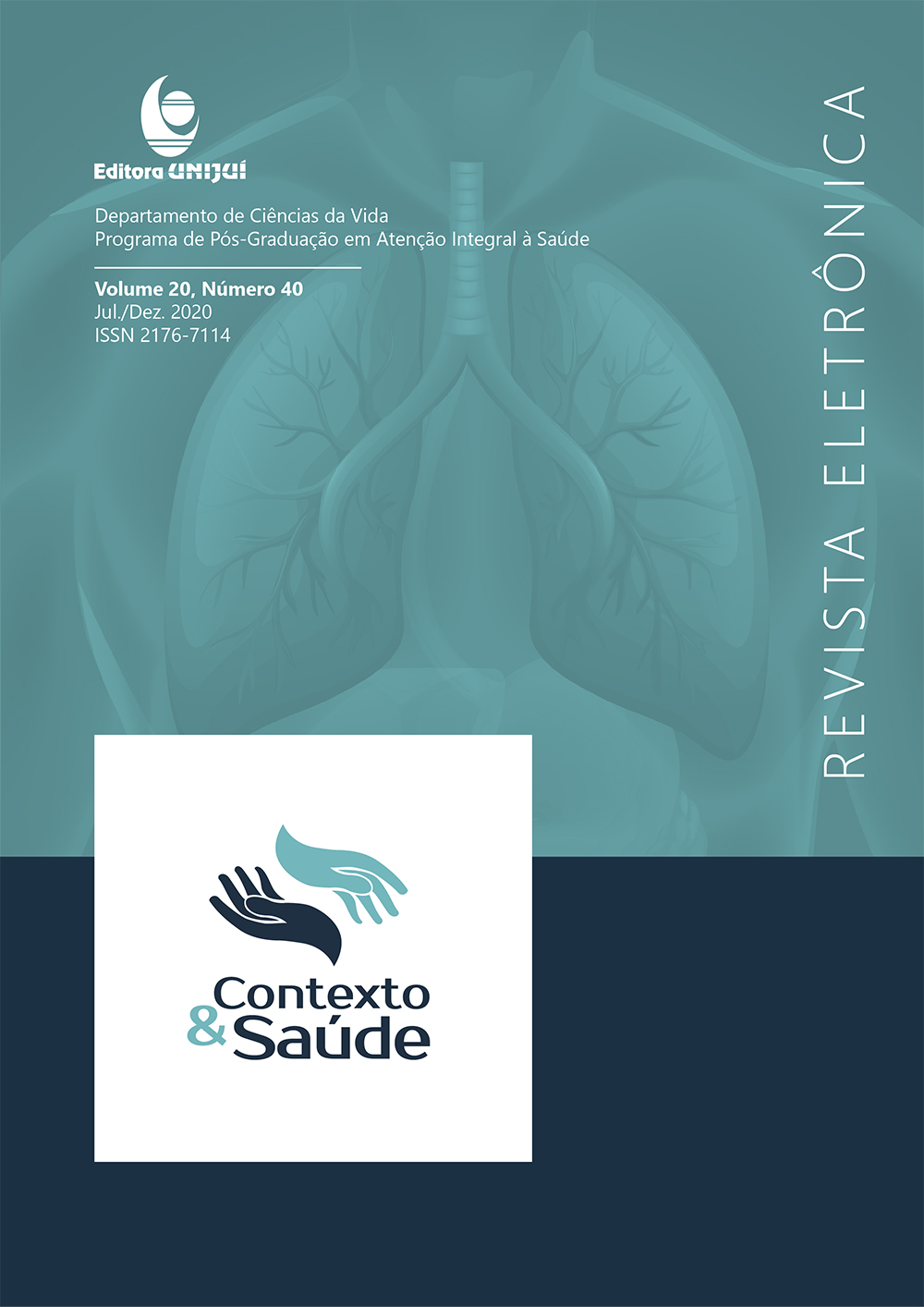PERFIL DA JUDICIALIZAÇÃO DE MEDICAMENTOS ANTINEOPLÁSICOS DO SERVIÇO DE ONCOLOGIA DO HOSPITAL ESCOLA DA UNIVERSIDADE FEDERAL DE PELOTAS
DOI:
https://doi.org/10.21527/2176-7114.2020.40.215-225Palavras-chave:
Judicialização da saúde, antineoplásicos, oncologia, assistência farmacêuticaResumo
Ações judicias envolvendo medicamentos oncológicos são uma realidade crescente no Brasil, gerando grandes impactos orçamentários sobre a gestão pública. Devido ao alto valor empregado nesses medicamentos, bem como à alta complexidade que envolve o tratamento, é necessária uma análise técnica criteriosa para que se garanta a eficácia do tratamento, associada a um emprego justificado do dinheiro público. O objetivo do presente estudo foi analisar o perfil das demandas judiciais atendidas no setor de oncologia do HE-UFPel, bem como o impacto financeiro que estas representaram aos cofres públicos. De janeiro de 2017 à agosto de 2019, o setor de oncologia atendeu a 146 decisões judiciais, representando um gasto total de aproximadamente de R$ 11.439.544,00 aos cofres públicos. Os medicamentos mais demandados judicialmente, por ordem decrescente, foram: bortezomibe, abiraterona, bevacizumabe, trastuzumabe, rituximabe e pazopanibe; sendo mieloma múltiplo, câncer de próstata, câncer colorretal, câncer de mama e renal os acometimentos mais prevalentes. Evidencia-se que, para a gestão pública, os efeitos são negativos uma vez que geram desajustes orçamentários e financeiros. O presente trabalho aponta problemas envolvidos no processo, bem como estratégias possíveis de serem aplicadas, a curto e longo prazo, pelos entes federativos, judiciários e assistenciais; de forma a minimizar as consequências negativas da judicialização ao mesmo tempo em que buscam garantir ao cidadão todos seus direitos previstos em lei.
Downloads
Publicado
Como Citar
Edição
Seção
Licença
Ao publicar na Revista Contexto & Saúde, os autores concordam com os seguintes termos:
Os trabalhos seguem a licença Creative Commons Atribuição 4.0 Internacional (CC BY 4.0), que permite:
Compartilhar — copiar e redistribuir o material em qualquer meio ou formato;
Adaptar — remixar, transformar e criar a partir do material para qualquer fim, inclusive comercial.
Essas permissões são irrevogáveis, desde que respeitados os seguintes termos:
Atribuição — os autores devem ser devidamente creditados, com link para a licença e indicação de eventuais alterações realizadas.
Sem restrições adicionais — não podem ser aplicadas condições legais ou tecnológicas que restrinjam o uso permitido pela licença.
Avisos:
A licença não se aplica a elementos em domínio público ou cobertos por exceções legais.
A licença não garante todos os direitos necessários para usos específicos (ex.: direitos de imagem, privacidade ou morais).
A revista não se responsabiliza pelas opiniões expressas nos artigos, que são de exclusiva responsabilidade dos autores. O Editor, com o apoio do Comitê Editorial, reserva-se o direito de sugerir ou solicitar modificações quando necessário.
Somente serão aceitos artigos científicos originais, com resultados de pesquisas de interesse que não tenham sido publicados nem submetidos simultaneamente a outro periódico com o mesmo objetivo.
A menção a marcas comerciais ou produtos específicos destina-se apenas à identificação, sem qualquer vínculo promocional por parte dos autores ou da revista.
Contrato de Licença (para artigos publicados a partir de setembro/2025): Os autores mantém os direitos autorais sobre seu artigo, e concedem à Revista Contexto & Saúde o direito de primeira publicação.

